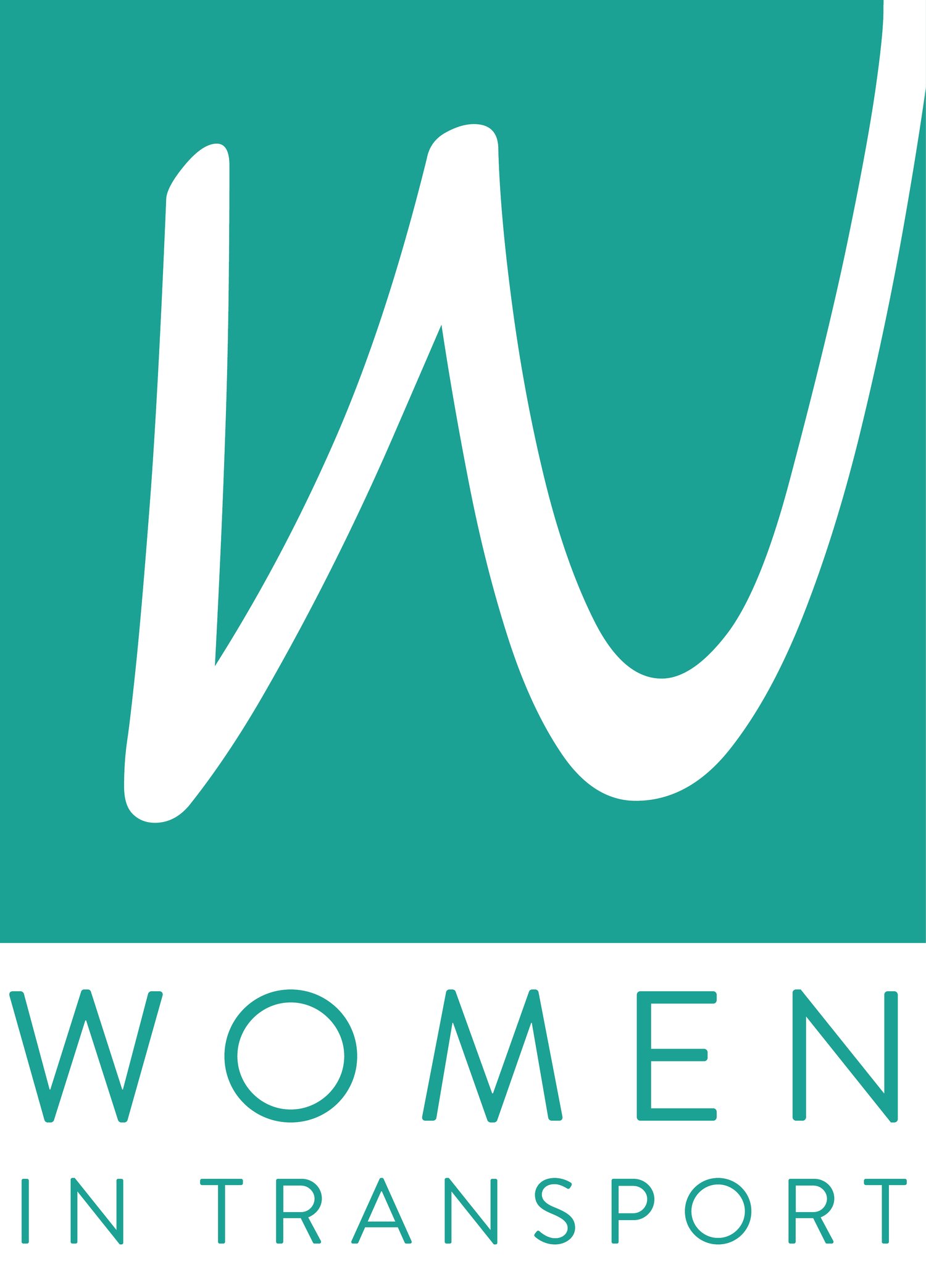In September, the first-ever Women in Transport Technology Round Table was held in Manchester, in partnership with Gravitas Group. The timing couldn’t have been more perfect, coinciding with Catch The Bus Month (#CTBM24), reminding us of the pivotal role public transport plays in connecting people and communities every day.
The event brought together a powerhouse of female leaders from across the transport sector. Among the attendees were Katie Day (Strategy Director & Deputy Chief Exec, Transport for the North), Anne Marie Purcell (Chief Transformation Officer, Transport for Greater Manchester), Lydia Horbury (Director, Bus Users UK), Kelly Henshall (Head of Performance, West Midland Trains), Rachel Brady (Head of Business Change, CMAC), Melissa Liburd (Head of Passenger Experience, West Yorkshire Combined Authority), and many more. Seeing such a diverse group of passionate women in the same room was energising—a powerful reminder of the strides women are making in transport, although it's still a rarity to have so many female voices in these spaces.
A Conversation on Change
The roundtable sparked dynamic conversations around key topics, including:
Attracting and retaining female talent in the transport sector
Safety of women and girls on public transport
The role of allies in fostering inclusive work environments
Promoting transferable skills and recognising skills gained outside traditional transport roles
How technology is transforming public transport
One of the pressing challenges we discussed is the industry’s unhealthy obsession with "transport experience," which too often excludes, not just women, but also younger talent. There's a tendency to promote specialists to managerial roles without adequate training in people management and communication, leading to a skills gap. The industry’s fixation on sector-specific experience overlooks the immense value of transferable skills—whether gained through voluntary work, childrearing, or other industries.
Shifting Perspectives
We recognised that transport has an image problem. It's perceived as cliquey, insular, and full of jargon, which deters people from exploring the exciting and creative opportunities it offers. A striking example came up: the yellow buses of the Bee Network—choosing the perfect shade of yellow was a creative decision, a task that required both knowledge and imagination. This creativity is often overshadowed by the technical aspects of transport, and it's something we need to showcase more.
We agreed that networking plays a key role in women’s journeys, and more needs to be done to connect with and mentor the next generation. Targeting career changers and returners through events like speed networking or panel discussions could empower women to explore non-traditional routes into the sector.
Safety and Reporting
A key focus was on safety for women and girls on public transport. While reports of assaults are on the rise, we suspect that this increase represents only a fraction of what is truly happening. The onus is often on women to report incidents, but we need to shift the focus to educating men on appropriate behaviour and fostering greater self-awareness. At the same time, reporting mechanisms must be easier and more accessible in the moment, ensuring that women feel empowered to come forward.
A Unified Push for Change
There was a palpable sense of purpose in the room. We recognised the need for a unified national approach, rather than the piecemeal efforts currently in place. Our discussions turned to lobbying the government, with the goal of shaping policies that position transport as a driver of growth, sustainability, and economic development. We are at the cusp of a new era, full of opportunities for transformation, and women must be at the forefront of this change.
The power to drive this transformation lies in collaboration, innovation, and persistence. We left the roundtable inspired and ready to take action, confident in our ability to reshape the narrative of transport and pave the way for future generations of women in the sector.
Next Steps:
Continue to foster networking opportunities for women and career changers
Push for a national strategy on safety for women and girls on public transport
Champion the use of transferable skills and challenge industry silos
Advocate for early engagement with young people, breaking down stereotypes and barriers to entry in transport careers
A focus on allyship events, deliberately engaging men in the gender inclusion plan to make diversity efforts more successful.
It was a resoundingly empowering event, and a sign that change is not only necessary but possible. We are ready to lead that change.
Annual membership of Women in Transport is £60 per year providing access to professional development and networking opportunities. We very much welcome guest blogs from our members - a great way to share the incredible diversity of opportunity in transport, raise your profile and connect with our community. Join us today.
Follow us @transportwm on Twitter, on Linkedin at Women in Transport and at @transportwmn on Instagram for events, news and updates.

